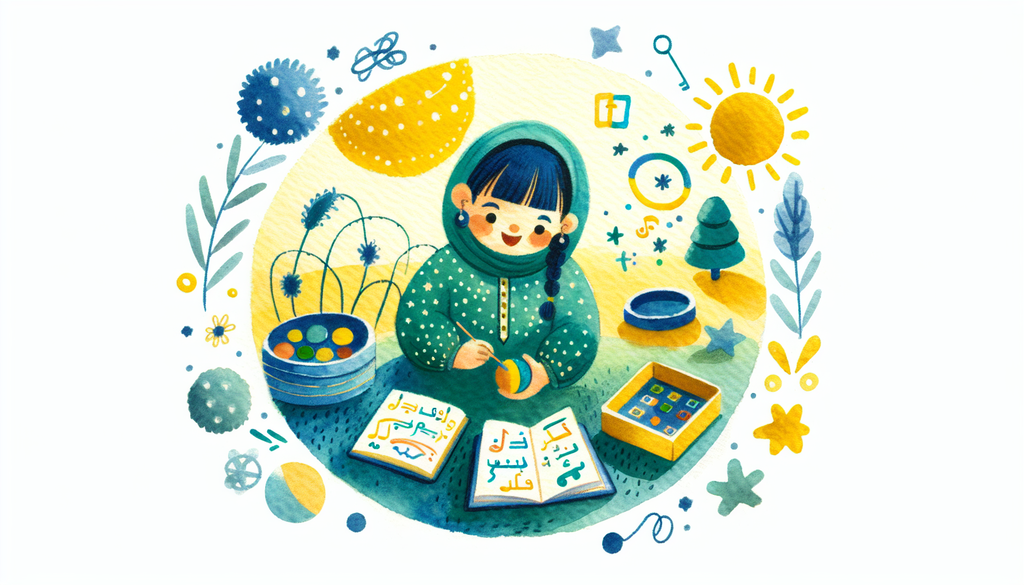The Interplay of Language Development and Play in Early Childhood

Being a parent or caregiver of a young child, you play an integral role in their growth and development, especially when it comes to language development and play. These two aspects of early childhood have a stronger relationship than you might think. In this post, we will delve into how language and play are intertwined, proving insights on how you can utilize this interplay to enhance your child’s communication skills.
The Role of Play in Language Development
Playing games or indulging in pretend play scenarios acts as a natural setting for a child to pick up new words and practice communication. When a child plays, they express thoughts and ideas, helping them understand the structure of their language. Take multisensory learning activities, for example. Using various sensory experiences such as sight, touch, or even taste allows children to connect the words they learn with tangible experiences, thereby setting a solid foundation for more sophisticated language skills.
Enhancing Communication through Play
Including language in playful interactions is key. Incorporating elements of daily life into play, such as pretending to cook dinner or go grocery shopping, encourages your child to use language relevant to these scenarios. If your child is among the young artists who find expression in art, they might enjoy learning and communicating through Creating Artistic Spaces. They can associate various actions, objects, or situations with appropriate words, hence improving their vocabulary and understanding of language use.
The Significance for Children with Special Needs
Children with special needs often face challenges in communicating effectively, and integrating language learning within playful settings can dramatically help them. Language-oriented games and activities can also supplement traditional speech therapy techniques. If you have been exploring Speech Therapy Games and Activities at Home, you already know how game-driven language learning can improve fluency and confidence for children facing speech or language difficulties.
Conversely, children with language delays or communication difficulties benefit from targeted therapy alongside integrating language into their play. With professional help and a playful, language-infused environment at home, these kids can make significant strides in their communication journey.
Nurturing a Love for Language in Gifted Children
When it comes to gifted children, they often show an early and profound interest in words. Play-based learning can be an excellent strategy to nurture this gift, as it provides them a less structured, more creative environment to explore language. Fun activities such as creating mind maps or fun word games can encourage them to express their thinking visually and verbally, developing their complex language skills.
Conclusion
Harnessing the power of play isn’t just for entertainment—it’s also a fundamental tool for language development. By understanding the interplay between language and play, you can create a rich, engaging environment that encourages your child to explore, learn, and grow. Remember, the opportunities for learning are as diverse as children themselves, so stay creative, adaptable, and, most importantly, have fun along the way!
For parents and caregivers looking to further educate themselves, head over to our post on Empowerment Through Knowledge: Educating Yourself as a Parent.